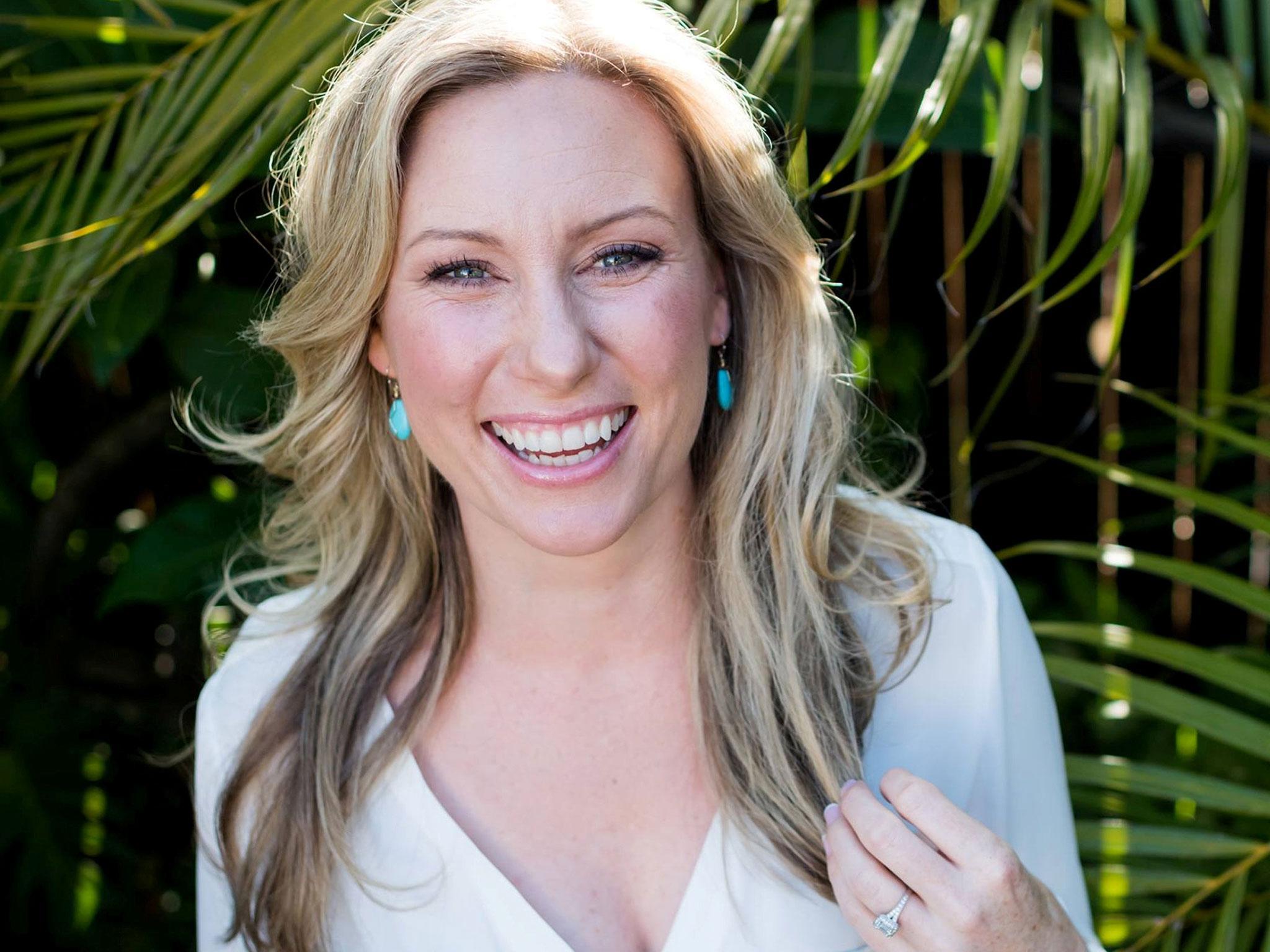Justine Damond: US police officer guilty of murder after shooting Australian yoga teacher trying to report suspected rape
'This was a tragic shooting that did not have to happen and should not have happened,' says prosecutor
Your support helps us to tell the story
From reproductive rights to climate change to Big Tech, The Independent is on the ground when the story is developing. Whether it's investigating the financials of Elon Musk's pro-Trump PAC or producing our latest documentary, 'The A Word', which shines a light on the American women fighting for reproductive rights, we know how important it is to parse out the facts from the messaging.
At such a critical moment in US history, we need reporters on the ground. Your donation allows us to keep sending journalists to speak to both sides of the story.
The Independent is trusted by Americans across the entire political spectrum. And unlike many other quality news outlets, we choose not to lock Americans out of our reporting and analysis with paywalls. We believe quality journalism should be available to everyone, paid for by those who can afford it.
Your support makes all the difference.A US police officer has been convicted of murder after shooting to death an unarmed woman who approached his car to report a possible rape.
Mohamed Noor was also convicted of manslaughter over the July 2017 death of Justine Damond, a 40-year-old with dual American-Australian citizenship.
Noor, 33, had told a jury a loud bang on his squad car scared him and his partner as they drove down an alley in Minneapolis and he opened fire "to stop the threat" after he saw a woman appear at his partner's window with a raised arm.
Prosecutors questioned whether that bang had really happened, noting neither officer had mentioned it to investigators at the scene, and criticised Noor for shooting without seeing a weapon or Damond's hands.
Noor, a police officer since 2015, was acquitted of the most serious charge of intentional second-degree murder.
He faces up to 15 years for third-degree murder and nearly five years for manslaughter, although judges are not bound by state sentencing guidelines and can impose much lower sentences.
Hennepin County attorney Mike Freeman said: "This was a tragic shooting that did not have to happen and should not have happened.
"It does not give us pleasure to call out police wrongdoing."
Damond, a yoga instructor and life coach from Sydney, was killed a month before she was due to marry.
Her father said he was “satisfied” by Noor’s conviction, which he said capped “a painful journey” for their family.

It is rare for US police officers to be convicted when they plead self-defence.
Noor is the first Minnesota officer found guilty of murder, prompting some to question whether race played a role in the verdict. He is a black Somali refugee and Damond was white.
John Thompson, an activist and friend of Philando Castile, a black man killed in Minnesota in 2016 by a Latino police officer who was later acquitted, said: "Officer Noor was going to jail no matter what, because he's a black man who shot a white woman in the state of Minnesota."
But Mr Freeman said: “Race has never been a factor in any of my decisions and never will be. We look at each case based on the facts and the evidence and the law that's in front of us. And I will stand by what we have done."
Asked how Noor's case was different from others in which white officers were not charged, the attorney added: "The evidence showed that the officer acted unreasonably."
Mr Ruszczyk said the jury's decision on Tuesday reflected respect for the rule of law and the sanctity of life.
"Justine was killed by a police officer, an agent of the state," he said. "We believe he was properly charged with a crime."
Mr Ruszczyk also bitterly criticised police, saying his family believes "the conviction was reached despite the active resistance of a number of Minneapolis police officers, including the head of the union, and either active resistance or gross incompetence" by state investigators early on.
Minnesota's third-degree murder charge requires a jury to believe a victim was killed through a dangerous act "without regard for human life but without intent to cause" death. Second-degree manslaughter is defined as creating unreasonable risk of causing death or great bodily harm to another through culpable negligence.
Additional reporting by agencies

Join our commenting forum
Join thought-provoking conversations, follow other Independent readers and see their replies
Comments